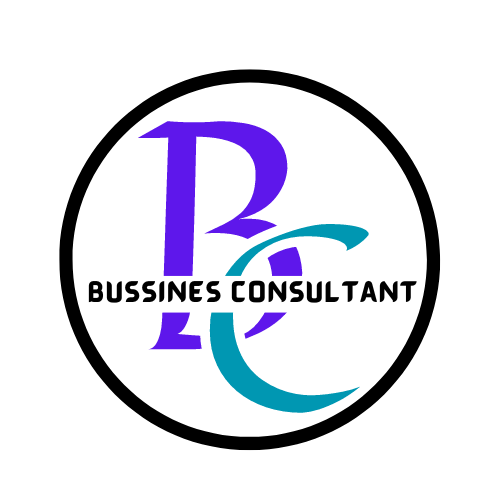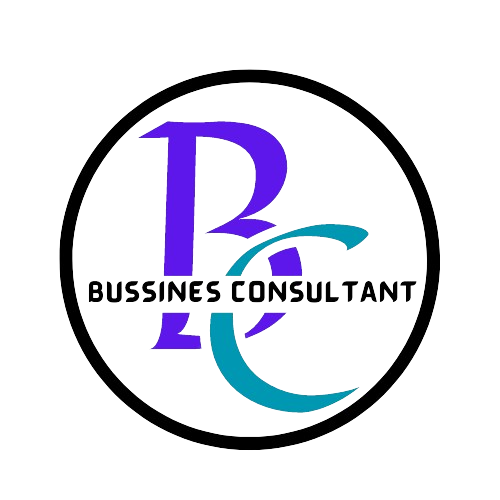Understanding Insurance for Home-Based Businesses
Need for Insurance
Risks Associated with insurance for Home-Based Businesses
Running a home-based business can feel freeing and rewarding, but it doesn’t come without its challenges. Here are some to consider:
Property Damage
Your home is your workspace, and accidents can happen. Whether it’s a plumbing, fire, or unexpected weather events, property damage can disrupt your business.
Liability Risks
If a customer slips and falls while visiting your home office or if a product you sell causes harm, you could be held liable. This is a critical risk that can lead to costly legal battles.
Business Interruption
Sometimes, unforeseen events can halt your operations. Be it natural disasters or personal emergencies, knowing you are covered for these interruptions is vital for peace of mind.
Legal Requirements
Understanding local laws can be perplexing, but they’re important to navigate:
Local Regulations and Laws
Check if your city has specific requirements for home businesses, including permits or licenses that you might need to obtain.
Industry-Specific Insurance Needs
Some industries, like food services or consulting, may require specific types of insurance to protect both you and your customers.
Zoning and Licensing Compliance
Ensure your business complies with local zoning ordinances. Failing to do so can lead to fines or a halt in your business operations.
Personal and Business Insurance
It’s crucial to know the difference between personal and business insurance:
Coverage Limits and Exclusions
Most personal insurance policies don’t cover business activities. Knowing these limits helps you avoid surprises during stressful times.
Family and Business Assets
Keep in mind that your business assets are separate from your personal ones. Mixing them can expose you to unnecessary risks.
Importance of Separate Policies
Creating distinct policies for your business can help protect your family’s personal assets from business liabilities.

Types of Insurance for Home-Based Businesses
General Liability Insurance
This insurance is a safety net for any business. Here’s what you need to know:
What It Covers
General liability insurance helps cover legal fees and settlements if someone gets injured on your property or if your products cause harm.
Importance of Liability Coverage
Having this coverage can mean the difference between staying in business or going bankrupt after an unexpected incident.
Common Exclusions
Know what’s not covered, such as intentional acts or professional mistakes; understanding these can help align your coverage with your actual risks.
Property Insurance
Protecting your tools and equipment is essential for your home-based business:
Coverage for Business Equipment and Tools
This insurance helps repair or replace your business equipment after theft, fire, or other covered events.
Types of Property Insurance
You can opt for actual cash value policies, which consider depreciation, or replacement cost policies that cover the full cost of replacement.
What to Consider When Choosing Property Insurance
Evaluate what equipment and tools you rely on. Ensuring proper coverage for these essentials can safeguard your business’s operations.
Business Interruption Insurance
What would you do if your business needed to pause? This insurance has you covered.
Understanding Business Interruption
This coverage can help replace lost income and pay for ongoing expenses during a time when your business operations are disrupted.
When It Is Important
During instances of natural disaster or significant incidents, this coverage becomes crucial for your business’s survival.
Claim Process for Business Interruption
Document everything and keep meticulous records to ensure a smooth claims process when you need it most.

Evaluating Insurance Needs
Assessing Business Risks
Understanding your business is key to protecting it:
Identifying Potential Risks
Conduct a risk assessment to identify any vulnerabilities within your operations or environment.
Evaluating the Impact of Risks
Consider what each risk could mean for your business. Would it be a minor inconvenience or a significant financial hit?
Prioritizing Insurance Needs
Once you understand your risks, prioritize the coverage that can help mitigate these vulnerabilities.
Determining Coverage Amounts
Getting the right coverage starts with a few evaluations:
Estimating the Value of Business Property
List and evaluate your business property to estimate how much coverage you need for replacement in case of loss.
Calculating Liability Coverage Needs
Consider your client base, product types, and potential liabilities to determine how much liability insurance you need.
Adjusting Coverage Over Time
As your business grows or changes, it’s essential to revisit and adjust your coverage accordingly.
Consulting with Insurance Professionals
Getting professional help can simplify the process:
Benefits of Professional Advice
Insurance agents can guide you based on your unique business needs, ensuring you don’t miss critical coverage.
Questions to Ask an Insurance Agent
Prepare questions about coverage options, claims processes, and policy exclusions to ensure transparency.
Comparing Different Policies and Providers
Don’t settle for the first option. Comparing multiple providers can save you money and provide better coverage.
Finding the Right Insurance Provider
Researching Insurance Providers
Finding a good insurance provider can take time but is worth it:
Comparing Reputation and Reviews
Look for providers with positive reviews and a solid reputation. Word of mouth can be a powerful tool.
Understanding Market Options
Explore various providers and their offerings. Each company can have varying policies which could be beneficial for your specific needs.
Role of Local Agents
Sometimes, local agents understand regional risks better and can help tailor coverage specifically for your location.
Important Factors to Consider
Assessing insurance providers is about more than just price:
Cost of Premiums versus Coverage Offered
Find the balance between a premium that fits your budget and coverage that adequately protects your business.
Customer Service and Support
Having good customer support can make a significant difference, especially when filing claims or needing help.
Claims Process and Turnaround Time
Research how quickly providers settle claims. A prompt process can help you recover faster from unexpected events.
Evaluating Policy Terms
Understanding policy specifics is crucial to avoid surprises down the line:
Understanding Deductibles
Know how much you are responsible for in the event of a claim. Higher deductibles can lower your premiums but may expose you to sudden expenses.
Reviewing Policy Limits
Ensure that your policy limits align with your coverage needs.
Reading the Fine Print for Exclusions
Always read your policy thoroughly. Understand the exclusions to make informed decisions about your insurance.
Maintaining Insurance Policy
Regular Review of Coverage Needs
Keep your policy updated as your business evolves:
Updates due to Business Growth
As your business expands, your insurance needs might also change. Regularly reassess what coverage you have.
Keeping Track of Changes in Risks
New circumstances may arise that shift your risk profile. Stay alert to these changes.
Scheduling Regular Policy Reviews
Set reminders to review your policies annually or as significant changes occur.
How to File a Claim
Being prepared can ease the claims process:
Steps for Filing a Claim
Keep a checklist of what to do when a loss occurs, including contacting your insurer and gathering documentation.
Common Mistakes to Avoid
Avoid delays by filing your claim promptly and keeping meticulous records of damage or loss.
What to Expect During the Claims Process
Stay knowledgeable about what to expect, including interviews or inspections from your insurer.
Staying Informed About Changes in Insurance
Staying ahead of trends can benefit you:
Tracking Industry Trends
Follow industry news so you can adapt your insurance to changing environments.
Staying Updated on Policy Changes
Insurance policy details can change, so stay informed about alterations that might affect your coverage.
Joining Professional Associations for Resources
Networking with other entrepreneurs can provide valuable insights into managing insurance effectively.
Conclusion
For home-based businesses, insurance isn’t just a requirement—it’s a lifeline. Understanding the risks involved and securing appropriate coverage not only protects your livelihood but also provides peace of mind. Regularly evaluating your needs will help you stay prepared for whatever comes your way. As you navigate finding the right insurance provider and maintaining your policy, remember that diligent attention to your coverage helps ensure long-term success. Don’t leave your business to chance; stay informed and proactive!
General liability, property insurance, and business interruption insurance are common necessities.
Evaluate your assets, business risks, and consult with an insurance professional for tailored advice.
Typically, homeowners insurance won’t cover business activities, so it’s best to seek specific business coverage.
Follow your checklist for filing a claim, keeping documentation organized and timely.
Yes, online businesses may require cyber liability insurance to protect against data breaches and online threats.




